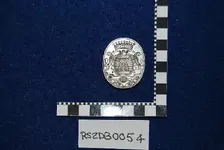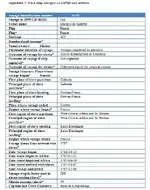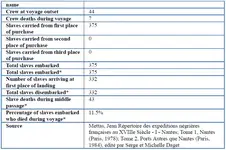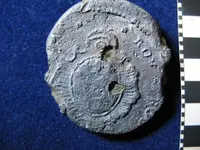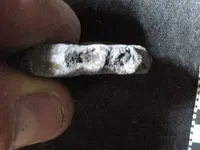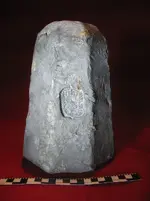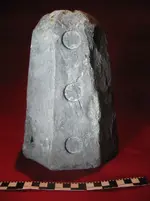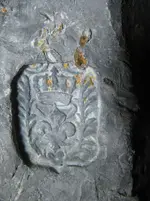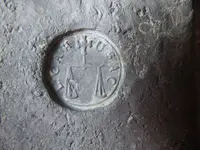Salvor I do understand the concept of the archaeological report, and to most us layman it is about as boring as bat crap. For the last eight years I have been working side by side with archaeologists. Assisting in their mapping, measurements, photography and so on. And again I believe this is important as there really is only one time a wreck gets excavated. So absolutely it should be recorded. What I have learned through these years when dealing with Archaeologist you are dealing with book smart people. Not one sense of sea smarts. I had thirty years working as a Captain in the commercial fishing industry before taking on this job. I am not book smart but consider myself sea smart. That’s where it gets interesting. Archaeologists are someone that sat in class learning the very best methods of mapping a ship wreck. Then you have someone like me that has spent his whole life at sea learning what causes ship wrecks. (my teacher being Mother Nature herself). A big part of the story of a shipwreck is what direction it came in from or what were the possible weather conditions at the time? Wave action? Effects of the shoreline. Underwater surge in a particular area? Tropical revolving storms and their effect, so many things to consider that no way could have someone learned sitting in a class room. I am the kind of person who first takes it all in and then ciphers out what I think we can use and what we can’t. (Usually incorporating the basic of common sense for my final assessment). And because I didn't spend my whole life in Archaeology school that I listen to what these people have to say. Right? Try to learn some of what they learned. But your typical archaeologist KNOWS EVERYTHING. They will not bend; they do not care to hear your theories because what they learned in school is how it is. It is very frustrating working alongside these head strong people. I did like our last archaeologist, we became good friends. He didn’t speak very much English, but he had a passion for his work, was a great artist, and spent all of his day and nights making reports. But when he would tell me his theories about why the ship ended up in a certain location or position, I would just stare at him thinking how this guy could be so school smart yet this dumb. He probably had similar thoughts about me. And the cost if excavating a ship wreck in a marine environment is enormous. Time is of the essence. An archaeologist work is tedious and time consuming. Trying to keep that happy medium among my crew? That’s the kind of stories I am writing about in my book. These photos are from the Galliffet site of a lead balance beam weight and a lead seal both with markings. more pieces of the puzzle? <img src="http://www.treasurenet.com/forums/attachment.php?attachmentid=1020325"/><img src="http://www.treasurenet.com/forums/attachment.php?attachmentid=1020326"/> <img src="http://www.treasurenet.com/forums/attachment.php?attachmentid=1020327"/><img src="http://www.treasurenet.com/forums/attachment.php?attachmentid=1020328"/><img src="http://www.treasurenet.com/forums/attachment.php?attachmentid=1020330"/><img src="http://www.treasurenet.com/forums/attachment.php?attachmentid=1020331"/>
